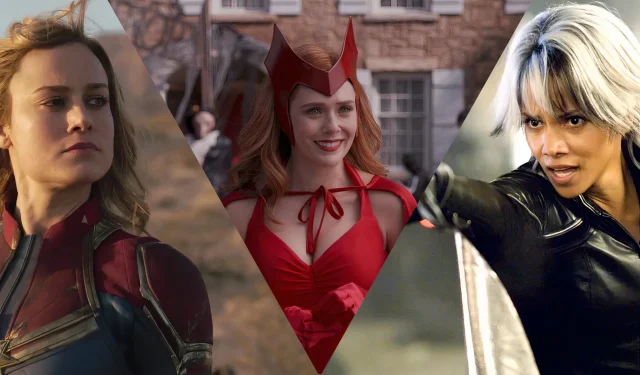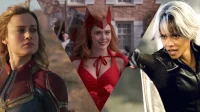Overview
- Only five female characters have been confirmed for Avengers: Doomsday, highlighting a significant issue regarding gender representation.
- This lack of diversity mirrors ongoing challenges within the Marvel Cinematic Universe (MCU), despite some advancements in female representation over recent years.
- In order to maintain the support of a diverse audience, Marvel must critically assess and enhance the female character representation in Avengers: Doomsday.
Marvel Studios recently captivated fans with a five-hour livestream focused on the reveal of the official cast for the highly anticipated Avengers: Doomsday. Enthusiasts of the Marvel Cinematic Universe were thrilled to discover the heroes who will assemble against Doctor Doom, along with the announcement that production has officially commenced.
As expected, the film is set to feature an impressive lineup, including returning stars such as Chris Hemsworth as Thor and Paul Rudd as Ant-Man. Additionally, the cast embraces some surprise appearances from original X-Men actors, including Alan Cumming as Nightcrawler and James Marsden reprising his role as Cyclops. However, amidst this excitement lies a pressing concern that highlights a flaw in the MCU’s ongoing development.
The Challenge of Female Representation in Avengers: Doomsday
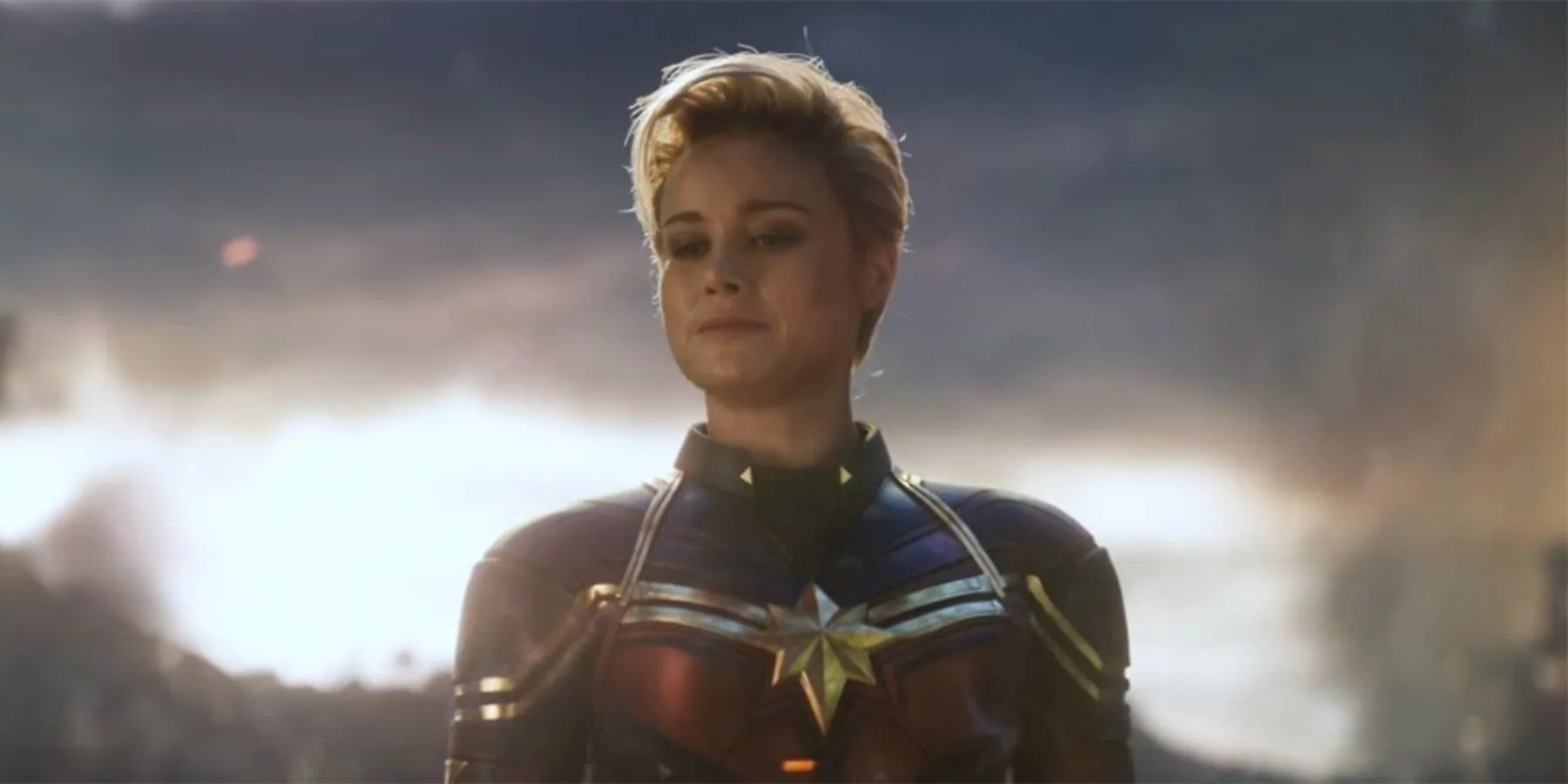
The casting announcement for Avengers: Doomsday reveals that just five out of a multitude of characters are women, raising concerns about gender representation. This stark imbalance did not go unnoticed by audiences. With such a large ensemble cast, having merely a handful of prominent female roles is troubling. Confirmed female cast members include Florence Pugh, Vanessa Kirby, Letitia Wright, Rebecca Romijn, and Hannah John-Kamen. While these actresses are undeniably talented, the representation falls short of what is necessary. Though narrative reasons could explain the absence of other characters, it seems implausible that Marvel couldn’t feature a broader array of female characters in key roles.
Notably, several major MCU characters are missing from the lineup, including Scarlet Witch, Captain Marvel, and Monica Rambeau. The decision to include former X-Men stars resonates, yet it is disheartening that only one female character from that pool was selected. Marvel missed the opportunity to include iconic characters like Storm and Jean Grey, both of whom boast immense popularity and power within the Marvel universe. Given Marvel’s extensive character roster, this lack of inclusion after years of character development is disappointing.
Reversal of Previous Progress
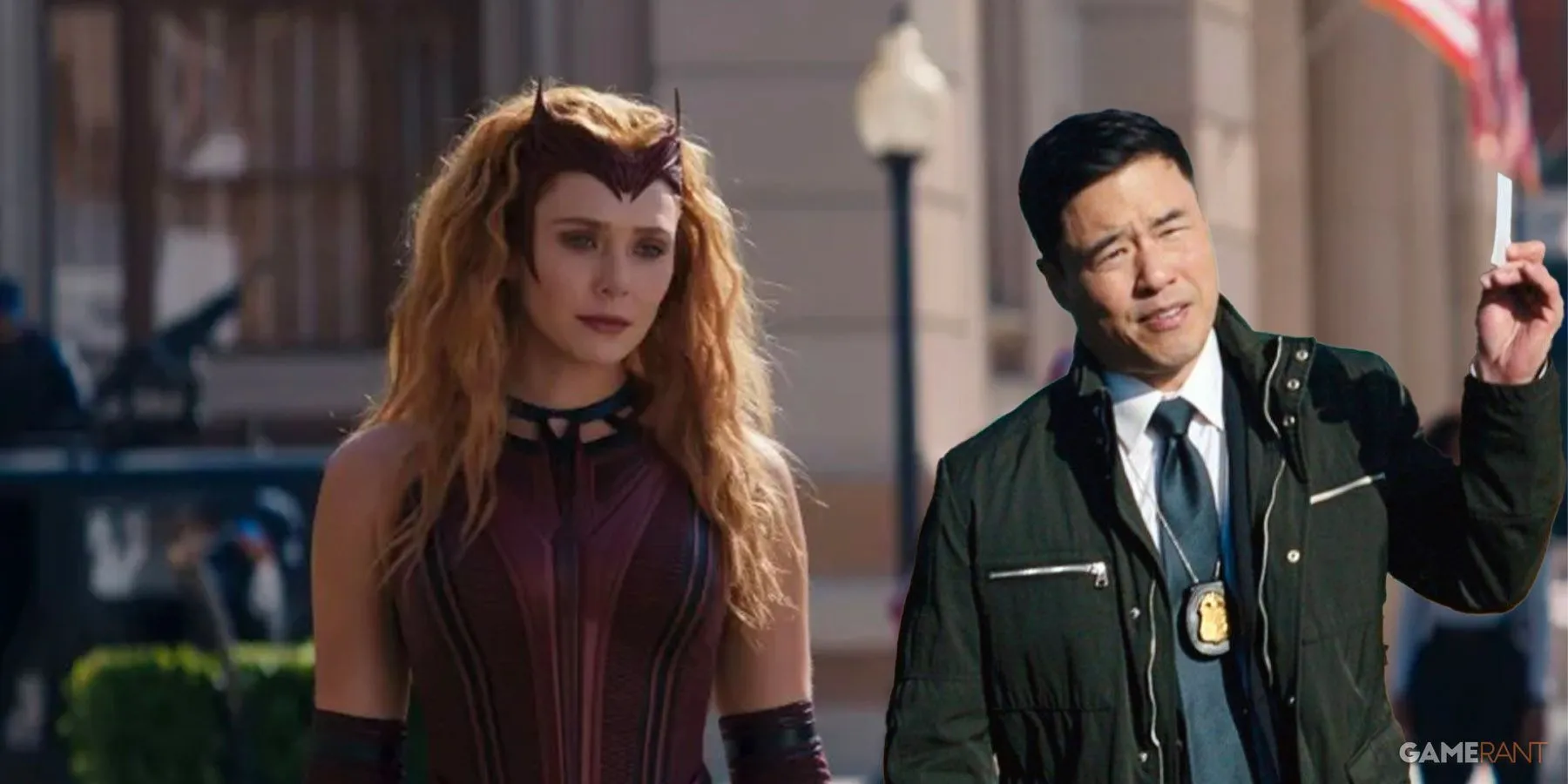
The perception of Marvel Studios as having a “female problem”is not a new issue; it has followed the franchise since its beginnings. The original Avengers team consisted solely of Black Widow as the female representative, highlighting a systemic issue of representation. Female characters in the MCU have too often been relegated to roles as love interests or sidekicks rather than being positioned as strong leads capable of driving their own stories. While characters like Captain America and Spider-Man hold significant popularity, Marvel has a wealth of strong female characters eager for spotlighting.
In recent years, Marvel appeared to be making strides towards addressing its representation concerns. Empowering films and series like Captain Marvel, Black Widow, and WandaVision centered female narratives, showcasing strong female leads. Characters such as Kate Bishop and Yelena Belova began to ascend in prominence and demonstrated considerable potential to become key figures in the MCU. This progress made the disappointing news surrounding the Avengers: Doomsday cast all the more disheartening.
Call for Action on Female Representation in Avengers: Doomsday
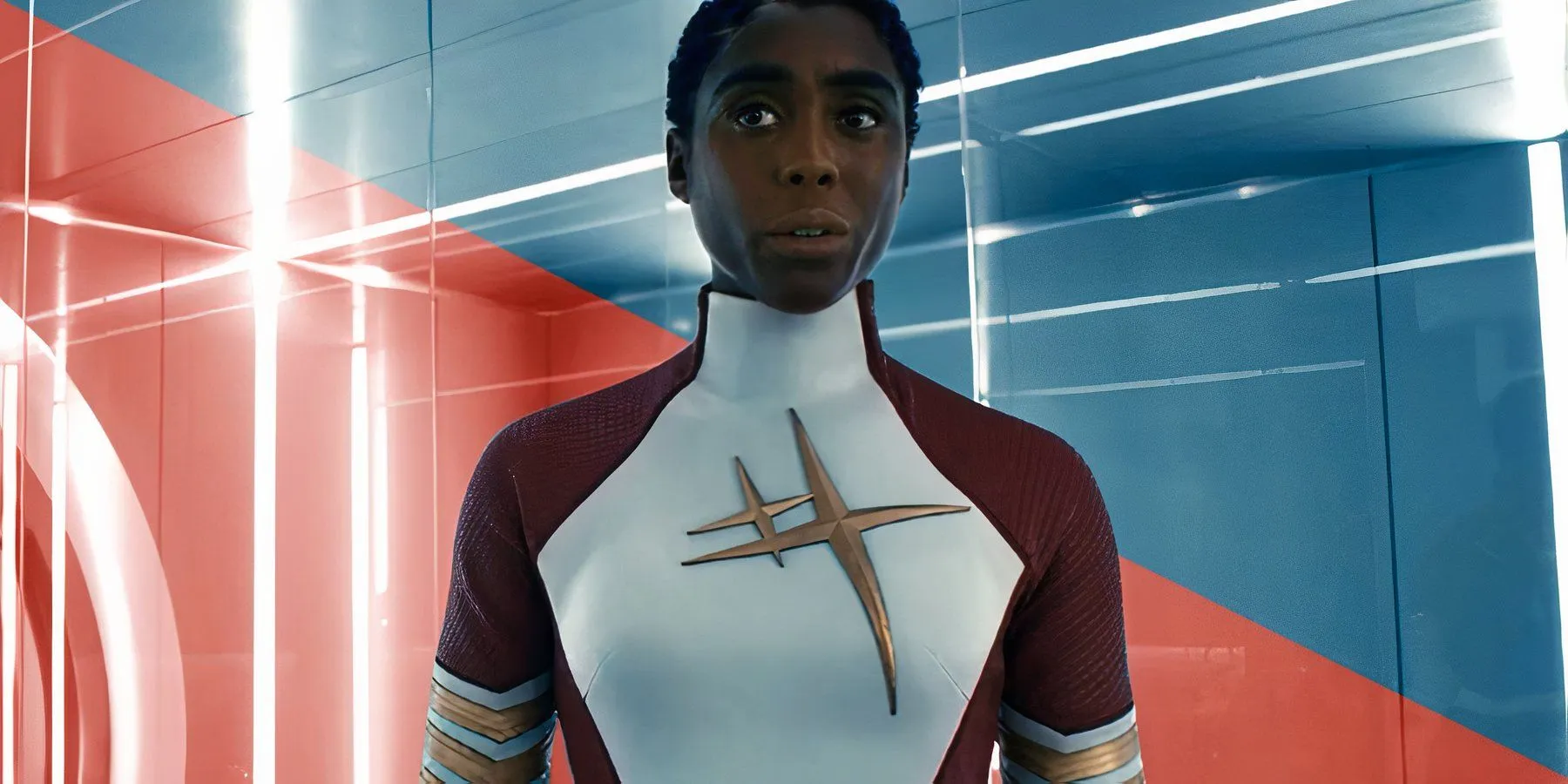
There is hope that Marvel is not done revealing the cast and that more names are yet to come. It is crucial that before Marvel Studio risks alienating a segment of its fan base, efforts are made to introduce a greater number of female characters in this installment. If that is not feasible for Avengers: Doomsday, then striving for a more diverse lineup in Avengers: Secret Wars becomes imperative. Continuing along the current path poses a risk, not just for maintaining a diverse cast but also for enhancing the overall quality of the storytelling.
Repetitive male-centered narratives may diminish fan enthusiasm over time. The MCU has to evolve beyond constant portrayals of familiar male characters engaging in similar arcs. Adding female characters can breathe new life into the storytelling process, unlock fresh narrative avenues, and invigorate fan interest. Incorporating more female perspectives fosters originality in both action sequences and character dynamics, allowing subsequent films such as Avengers: Doomsday to offer unique experiences. While the casting announcement generated substantial buzz, Marvel now confronts critical scrutiny regarding its approach to gender balance.
